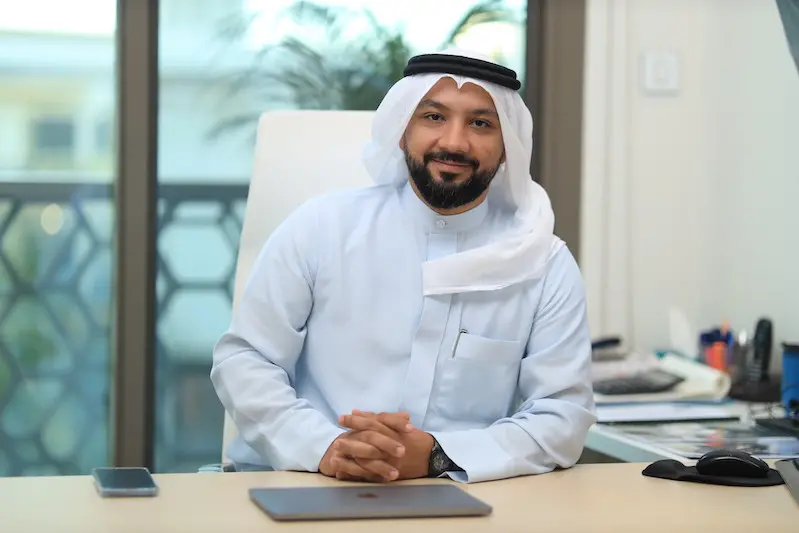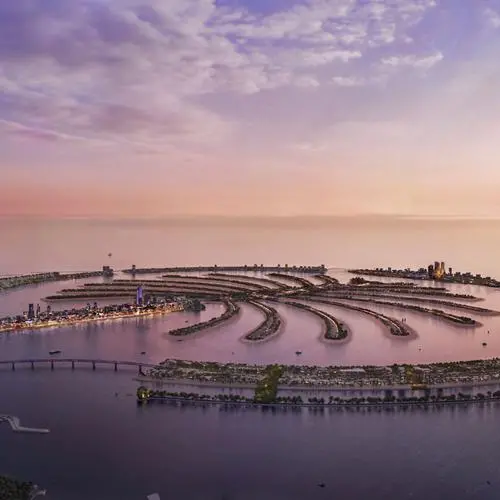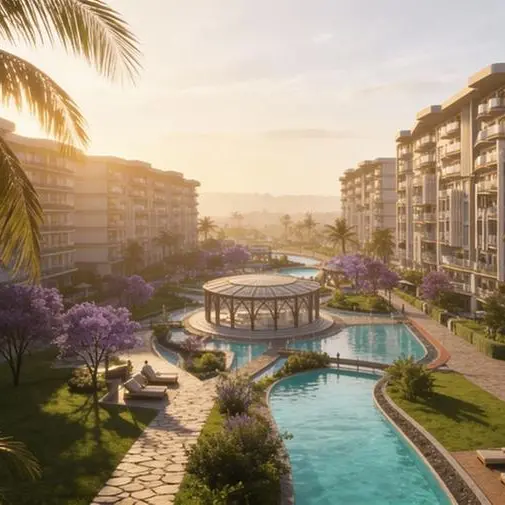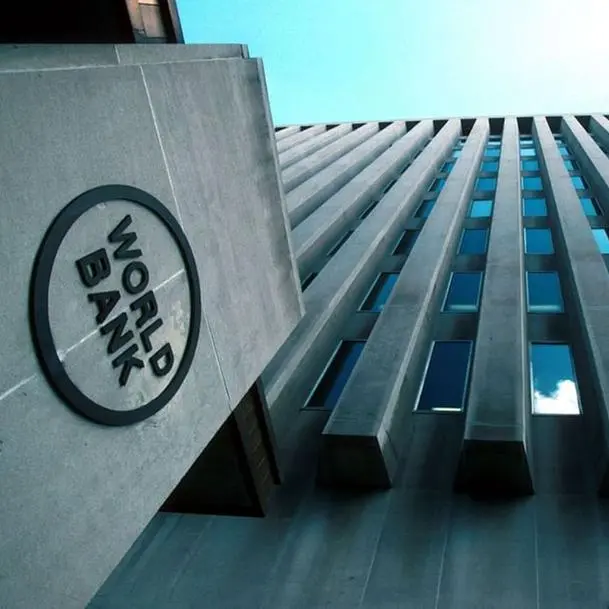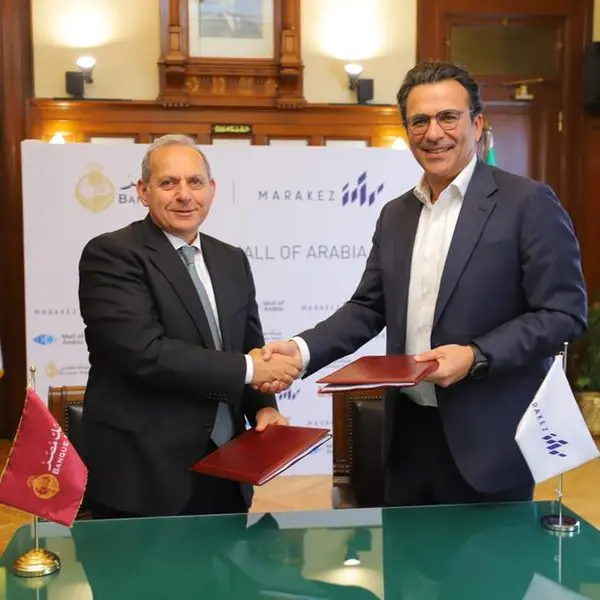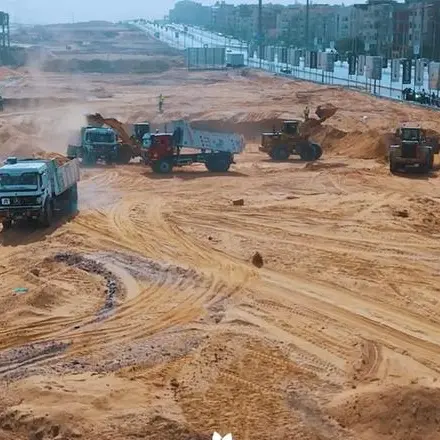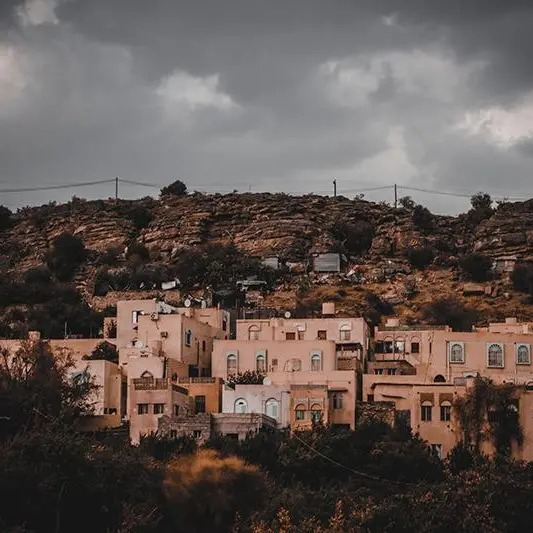PHOTO
(Headline corrected to reflect the transcript)
Dubai-based Diamond Developers is looking at regional and global expansions, confident that its sustainable city model is replicable, scalable, and effective anywhere in the world.
The company has received a lot of interest from governments and investors in the Middle East and North Africa (MENA) region, CEO Salah Habib told Zawya Projects, adding that Saudi Arabia is definitely on the radar.
Habib revealed construction will commence on The Sustainable City Yas Island in Abu Dhabi in the last quarter of 2022, with the project slated for completion by mid to end of 2025.
Here are the excerpts:
Q: What lessons have you learned from The Sustainable City, Dubai, that you plan to incorporate into your new projects in Sharjah, Oman, and Abu Dhabi?
A: The Sustainable City Dubai was a global steppingstone from conventional to sustainable real estate. Future cities, including the upcoming Sharjah and Abu Dhabi projects, are replicating our successful model and evolving from The Sustainable City Dubai by enhancing the successes and overcoming the difficulties learned from the project.
Sustainable development is a forever-evolving field and continually requires new projects to incorporate some of the most advanced technological advancements in food, energy, water, products, mobility, and waste management. For example, solar PV modules in Sharjah are 30 percent more efficient than in Dubai, and PV modules in Abu Dhabi will be 20 percent more efficient than in Sharjah.
Each of our projects and cities is uniquely designed and employs distinctive solutions. For example, we are building the first small-scale biogas facility to convert organic waste into energy in Sharjah. Additionally, in The Sustainable City Yas Island, we are building a distributed chilled water system powered by surplus solar energy.
Q: Your first project in Dubai was a standalone one. Why have you decided to launch them via JVs and how does it help Diamond Developers?
A: The Sustainable City Dubai was a first-of-its-kind project that we decided to venture on and explore solely with the hopes of evolving it to a high standard and using it as a benchmark to showcase to the world and future investors its potential as a running model.
Nonetheless, we believe that the successful replication and rapid growth of sustainable developments worldwide depend on partnerships and collaborations between the public and private sectors.
Our partners in Sharjah, Abu Dhabi, and Oman are among the biggest players in their respectful markets with a long track record of successful projects. Over the past decade, we have gained and harnessed invaluable knowledge from our working proof-of-concept, which we are leveraging to set new standards for building sustainable and resilient cities with the highest standards to achieve a net zero carbon future that suits the local culture, environment, and economy.
Q: How many sustainable cities do you plan to build in the GCC?
A: For the time being, we currently have one fully functional Sustainable City, The Sustainable City Dubai, and three ongoing Sustainable Cities across Sharjah, Abu Dhabi, and Oman (Yiti).
We also have no limitation when it comes to joining with like-minded partners and investors to bring our projects to life. We have already partnered with leading regional investors/developers on our upcoming projects. Namely, working with Sharjah Investment and Development Authority (Shurooq) on Sharjah Sustainable City, Aldar Properties on The Sustainable City Yas Island, and Oman Tourism Development Company (Omran) on The Sustainable City Yiti.
From one project to the next, we have proved that The Sustainable City model is replicable, scalable, and effective anywhere in the world. Saudi Arabia is an interesting market and always in our plans when it comes to the globalisation of our projects.
Outside the GCC, we have received a lot of interest from governments and investors in the MENA region.
Q: How are you planning to fund new projects?
A: As with any scale development project, we consider three crucial components: equity, debt, and presales. Under those three factors, we operate as the equity partner and manage and oversee presales. However, if there is a requirement for debt to reach our desired goals and quality of work, we have reputable partner banks that we work with on either semi-financing or syndications.
Q: Could you share any construction updates on Sharjah, Abu Dhabi and Oman projects?
A: The Sustainable City Sharjah project is currently at 95 percent completion in phase one and 25 percent complete overall.
As for The Sustainable City Yas Island, we expect construction to start in the last quarter of 2022 and complete in 30 months, around mid to end of 2025. To ensure that all our plans stay on track, we will be renewing partnerships with consultants and contractors that we have experience working with previously.
In Oman, the construction of The Sustainable City Yiti is on track and we aim to have it completed by 2025. The project will feature 1,657 eco-friendly and energy-efficient residential units, including 300 eco-friendly and energy-efficient villas, 1,225 apartments, and 132 luxury serviced apartments
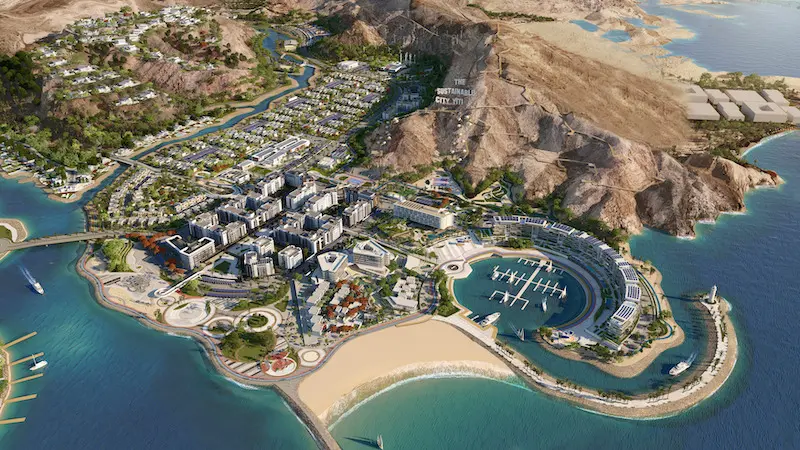

Q: Could you share updates on the Dubai project’s second phase?
A: We are continuously developing The Sustainable City Dubai, which has been fully operational for over seven years. We have been at full occupancy for over a year now.
We recently launched The Sustainable Homes, a collection of 51 short-stay, studio apartments to allow visitors to experience sustainable living. Additionally, we have launched the region’s first net zero carbon building, the ‘SEE Institute, which is set to be completed in October this year. The institute will be a hub for green education, research, and business incubation, empowering the growth of sustainable practices in the region and the world.
Q: What factors drive the demand for sustainable housing in the GCC and globally?
A: Many factors are driving the unprecedented demand for sustainable housing. The recent pandemic, for example, shifted people’s mindsets and priorities toward wellbeing, which is ultimately easier to achieve in horizontal developments that connect with nature.
We see the same trend in countries like Singapore, where they rely on vertical developments that integrate biophilic design and urban planning as a way to modernise existing cities to be more sustainable and connected to nature.
Another driver we are witnessing is the increasing cost of living across the world. City dwellers are more conscious of their water and energy spending and now increasingly seek housing solutions that favour renewable energy, water efficiency and recycling, and shorter commutes.
Q: Do you think higher inflation and rising interest prices will affect demand for your projects?
A: There are two parties we take into consideration when we look at real-estate demand: investors and end-users. With inflation and rising interest rates, we predict there will be pressure on real estate prices. But we also believe that these times present a high point to start acquiring real estate.
Given our effective cost of construction and our competitive reselling prices, along with the saving opportunities the property provides in utility and service bills, we are confident that we will always maintain a competitive advantage.
Operational savings are often overlooked when investors and individuals explore real-estate options, but we believe that they are the key to the success of The Sustainable City housing model and lifestyle, and the reason for the brand’s growing appeal.
Q: Do you have plans to go public?
A: We have deliberately built the company and our internal structure in a way that enables us to possibly go public and be open to any investment inquiries.
(Reporting by P Deol; Editing by Anoop Menon)
(anoop.menon@lseg.com)
